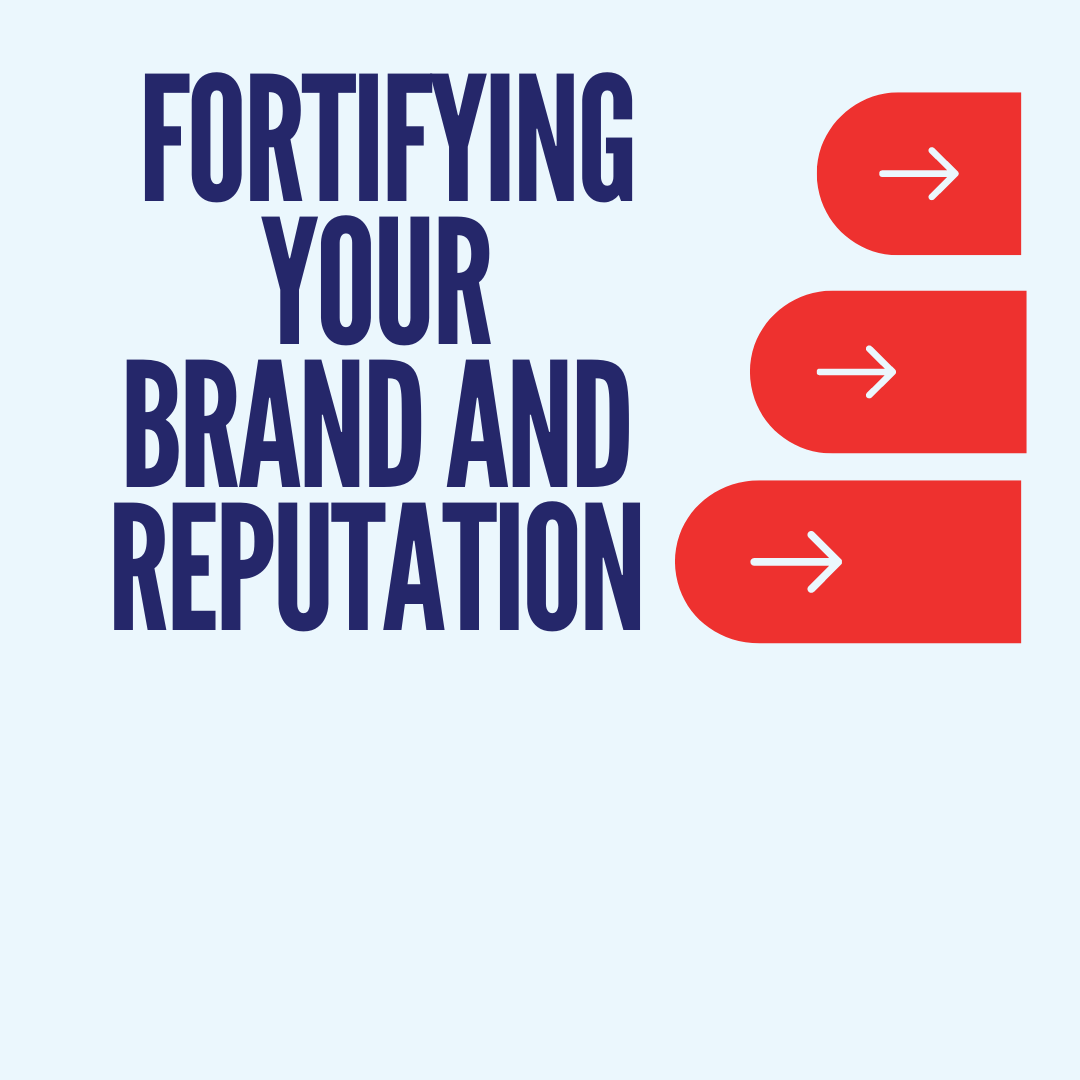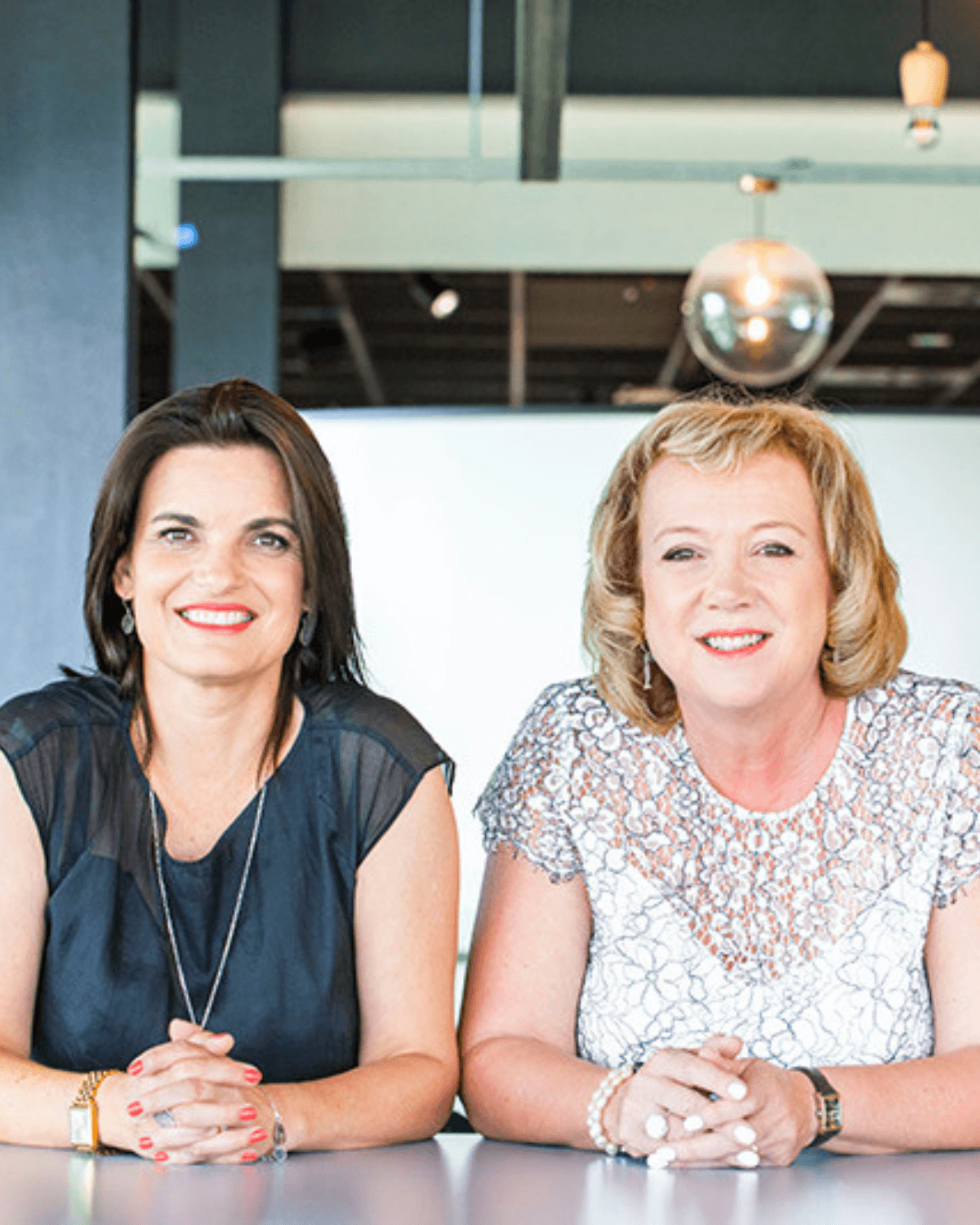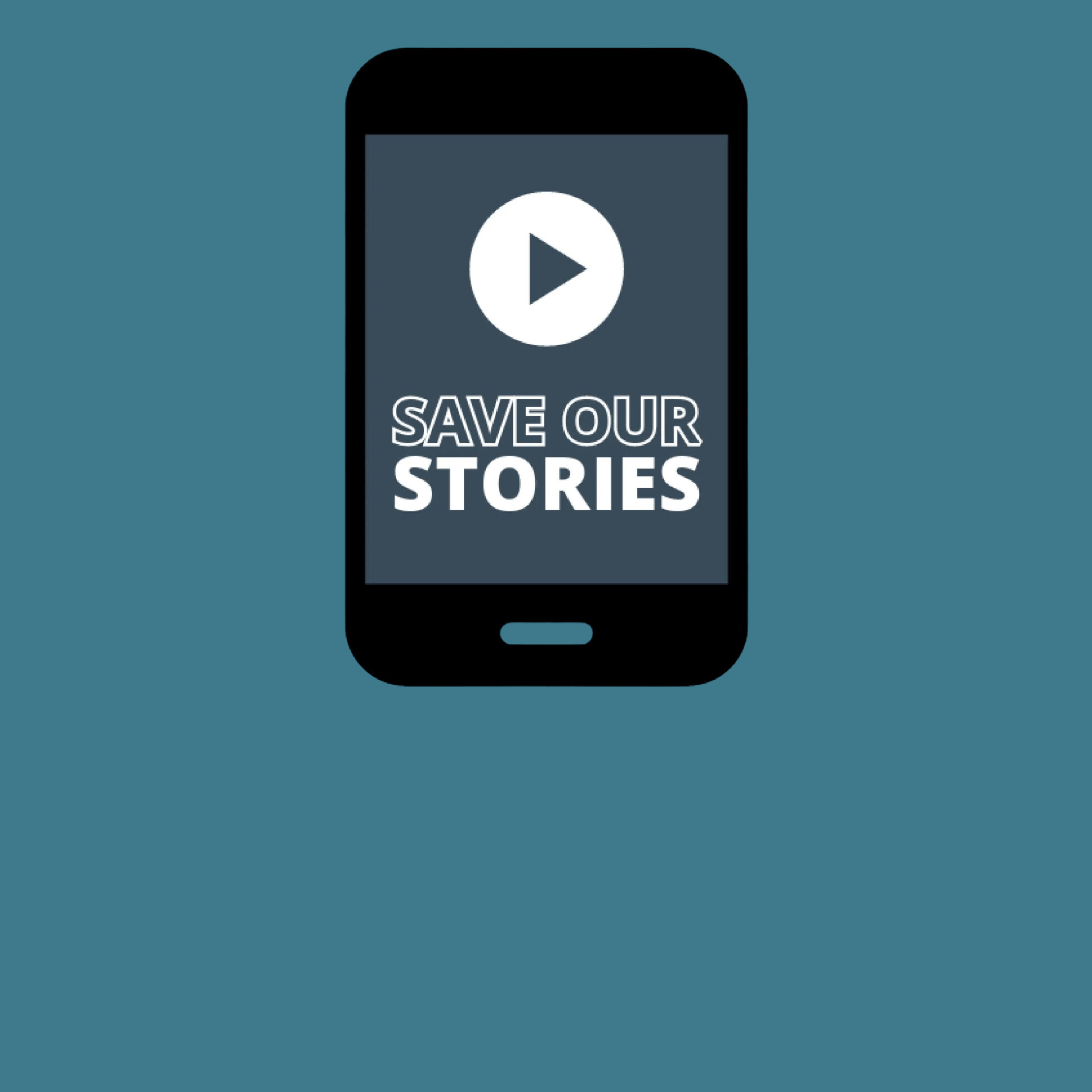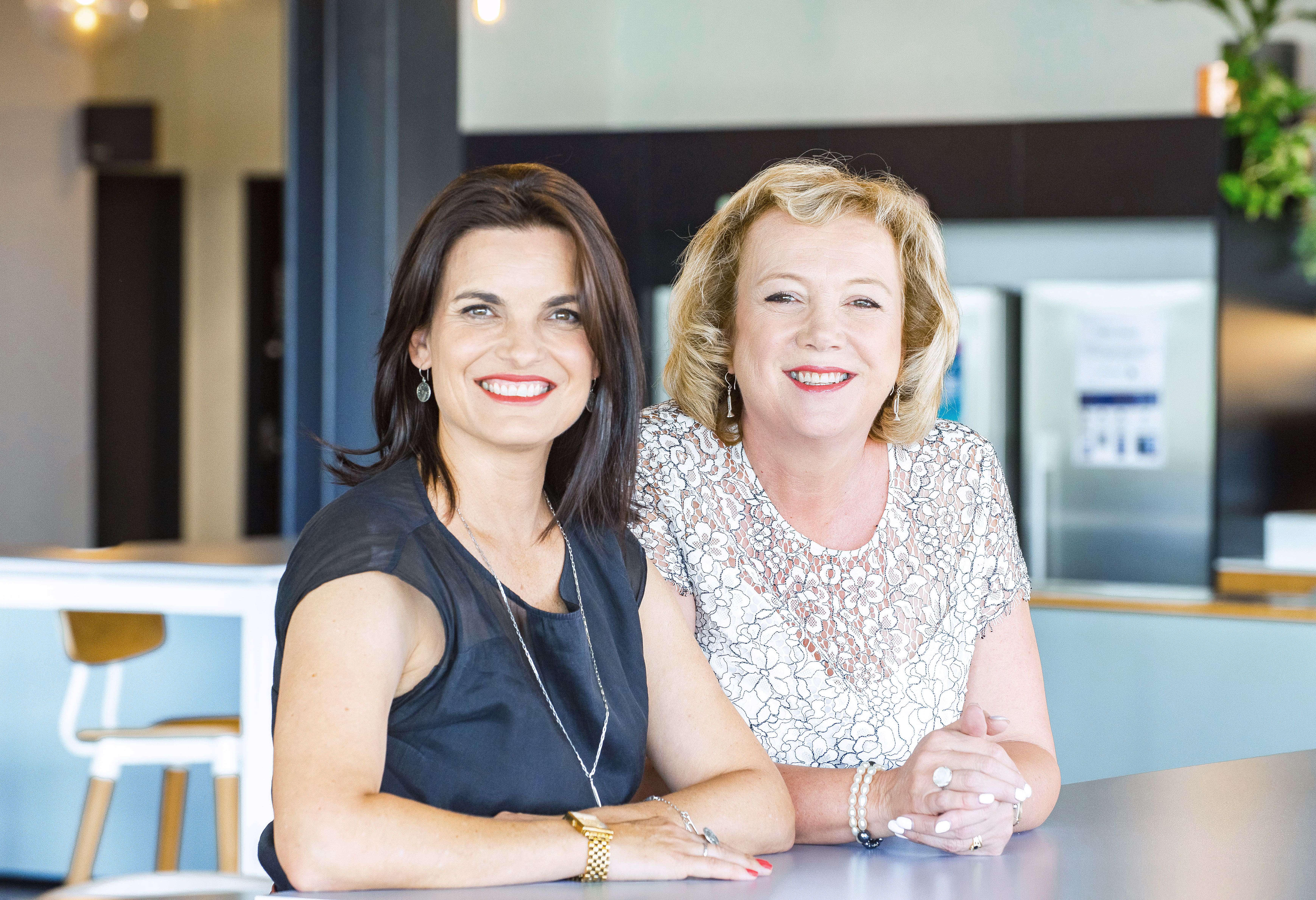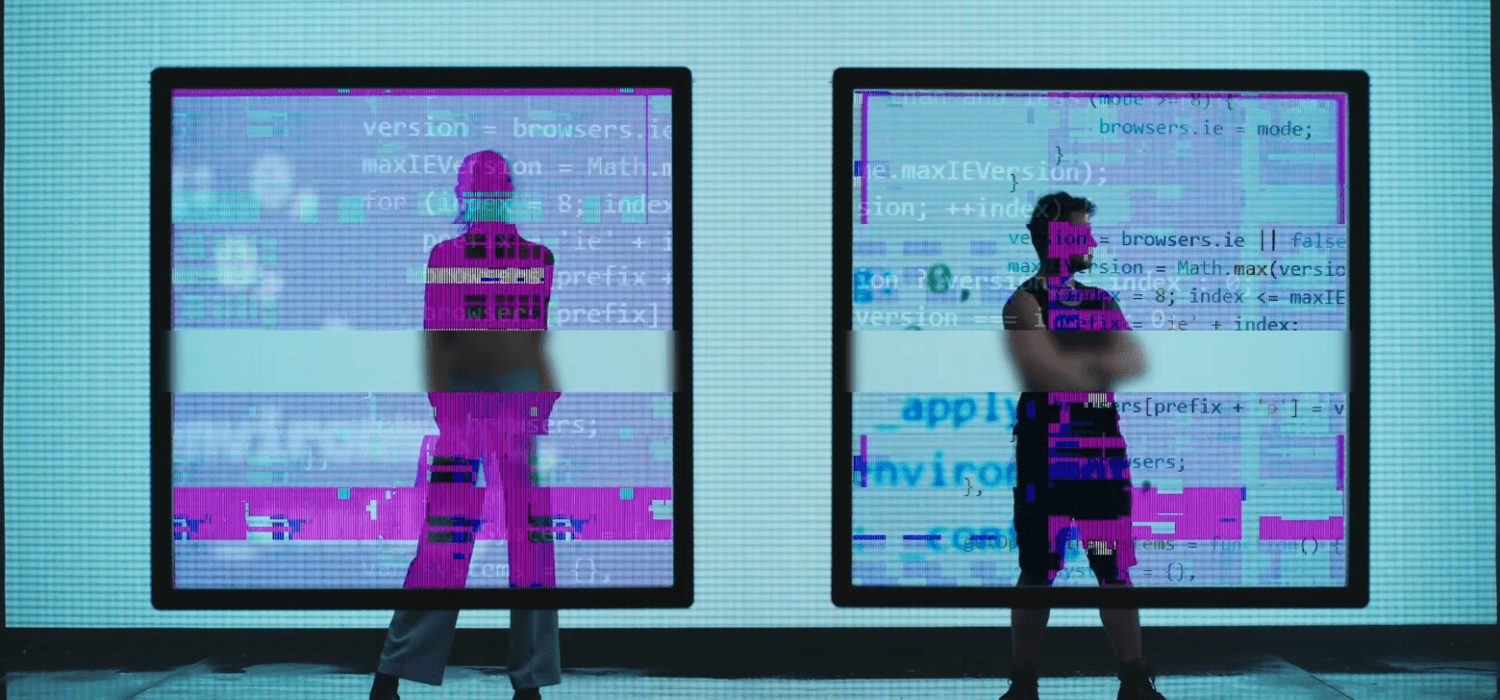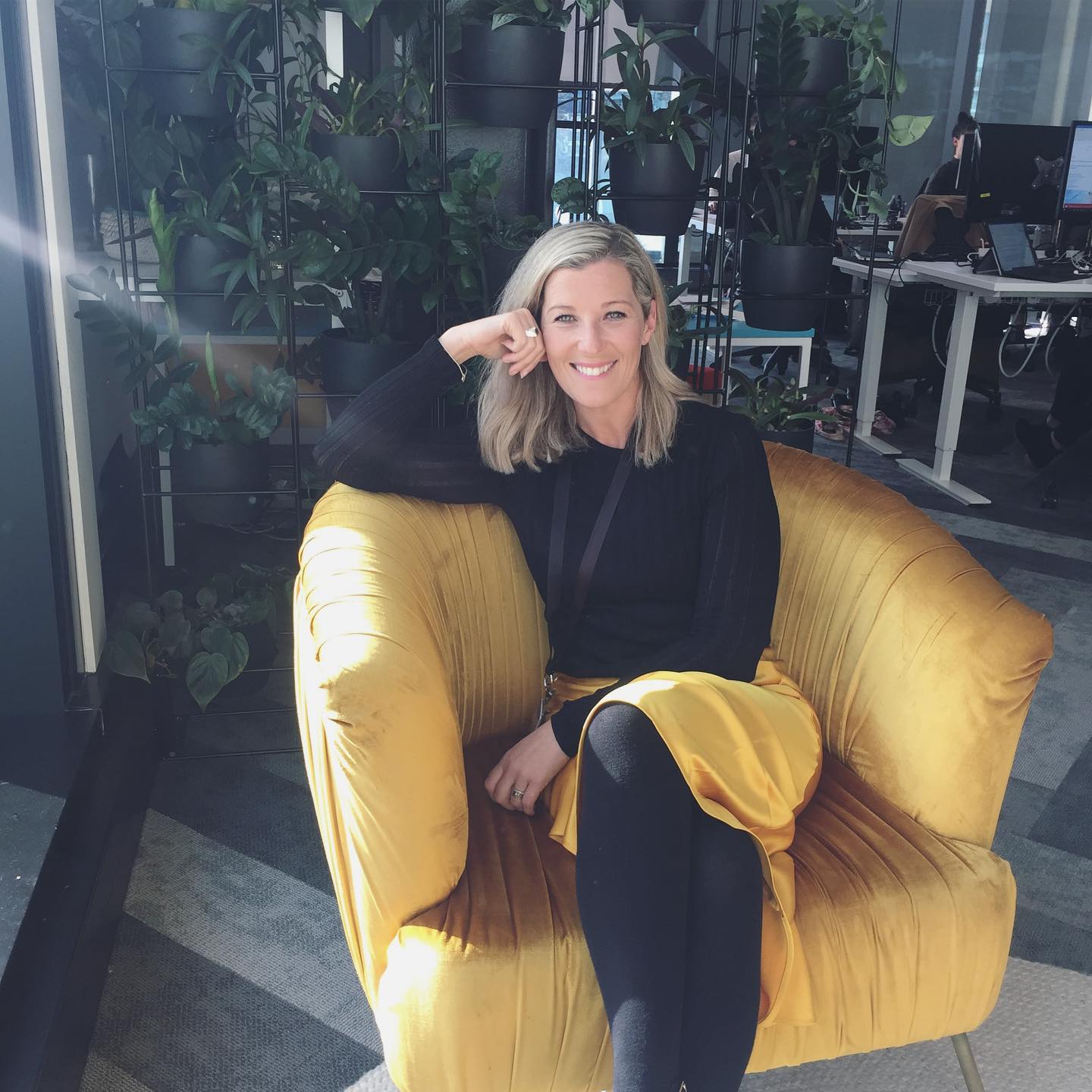
Carolyn Kerr urges business community to support one other.
We Kiwis pride ourselves on our community spirit and the way we look out for one another. If Covid-19 has taught us one thing, it is the power and conviction of our nation’s united spirit as we huddle together in our ‘bubble of five million’. We must continue to band together to keep our small business community alive and kicking.
A recent McKinsey report in the US tells us that the challenge of recovery, “is especially acute for small businesses, which account for a disproportionate share of the vulnerable jobs”. The ‘support local’ movement that has surged throughout New Zealand is imperative to ensure the survival of small businesses. But the government and consumers can only do so much. To protect our SME community, the corporate sector and larger organisations need to think about the role they can play in supporting small businesses. I encourage all large entities to act now to protect our future and earn your ‘social licence’ – or society’s acceptance of your business to operate here, earned through your actions or behaviour.
Alert level 2 represents two sides of the Covid coin. On one side we have the world-leading and irrefutable success of our health response, evident in the seismic drop in case numbers in a matter of weeks. On the flipside, there is a rise in the cases of businesses suffering and contemplating the economic Everest we now must climb, to use one of our prime minister’s recent analogies. And we are only at base camp.
We don’t yet know how long or hard the climb in front of us will be, or how many businesses will in fact make it to the top and hopefully ‘knock the bastard off’. Let’s not leave that to chance.
Small businesses face the steepest climb of them all. As the backbone of New Zealand’s economy, small businesses contribute nearly 30% of New Zealand’s GDP and employ 600,000 people.
As a small business owner, I also come from a long line of small business entrepreneurs. I know we’ll get through this, like I experienced as a girl when my family business, built with a whole lot of blood, sweat, tears and love, only just managed to get through the crippling high interest rates associated with the recession of the late ’80s. And then there was the GFC, which we also got through as a country, but this time I was working for a multi-national business that provided a different but valuable perspective.
So, I personally understand the immense sense of responsibility (and personal pride) that employing a team brings with it. On top of this are the other pressures that many people across the country are feeling with the economic uncertainty Covid-19 has brought with it, which we’re yet to feel the full force of. Enter June and the end of the wage subsidy.
Importance of trusted reputation
I’m also looking at this issue through another field of view, that is, as a communications specialist and adviser to a range of businesses of varying sizes. I’m passionate about helping organisations achieve the most important attribute in business, in my opinion – a trusted reputation. Without it you cannot earn a social licence to operate.
These two reasons are why I’m lending my time and insights to Manaaki, the business support platform set up to provide free advice to small businesses wrestling with the impacts of Covid-19.

Mannaki co-founder Andy Hamilton
As Andy Hamilton, one of the founders of Manaaki, explains: “There’s a powerful Māori concept called manaaki. It means putting the needs of others before your own and supporting them with the utmost care and respect. In simpler terms, it means to give. And that’s what we all must do.
“We must all give – every one of us.”
He poses the questions to business: “Are you giving? Are you trading with social license in your business? If not, you will start to see your ability to trade being materially impacted. You have the choice to change now.”
We must all step up and give a bit more to do our bit. We can always do a bit more. If not financially, give your time, advice, ‘in-kind’ marketing, or endorsement of a service, or using your assets and audiences to provide a leg up, not just a handout. Every bit counts.
But what exactly do SMEs need help with? Manaaki has been inundated with visitors since launching just over a month ago. It has more than 36,000 users, 185 advisers signed up across a wide range of sectors and skills, more than 400 questions asked by small businesses, and nearly 1500 replies given.
How and where to go next?
SMEs initially went to Manaaki for help to survive in the first few weeks, moving to a position of stabilisation and now they’re starting to ask about reviving their businesses in terms of how and where to go next: how to get going, how to grow, how to manage resources. The main issues businesses have been asking for help with, in order of volume of questions, are:
- accessing government support;
- navigating financial scenarios;
- negotiating rent reductions with landlords;
- how to ask the bank for more financial support;
- managing staff during this time and other HR issues;
- strategies to rebuild and enhance their business; and
- digital enablement and transformation.
It is heartening to be part of this community doing what it can to help, but it’s also sobering to see some of the questions. I’m answering questions about brand, marketing, and start-up issues, including from people desperate for help to stay afloat, be it asking how to create an online customer channel to how to start a business as they’re now unemployed and the job market isn’t looking too flash.
This one hit home for me [unedited]: “I need urgent help please can I have a website show me how to make my own campaigns for content and email marketing and help with brand and get online e commerce we are nearly homeless with the Covid 19.”
Importantly, small businesses need time. Time to call the bank, the landlord, the telco. Time to fill out stacks of paperwork to be granted the government guaranteed loan. Time to plan their next move. Time to protect their staff.
Time and resources are a luxury often more easily held by large organisations, and it’s time to consider how their platform, knowledge, contacts, audiences and expertise can be used to support small businesses. SMEs are the heartbeat of New Zealand’s economy and now, more than ever, we need big business to do good. Partnership and support from the business community is key. After all, we’re all in this together.
There are some fantastic examples of larger organisations doing their part to support small businesses and communities. ACC has delayed sending out $900 million worth of invoices for ACC levies to firms and sole traders until October, meaning that about 500,000 businesses across New Zealand will have a little more relief during this time. MediaWorks and Sky have released multi-million-dollar funds to provide free advertising to small businesses and community organisations through their channels and reach. This is an extremely generous initiative that does the right thing by Kiwis, considering the media sector’s advertising revenue is estimated to drop between 50% and 75% as a result of Covid-19.
Major banks have waived fees for businesses that offer contactless debit transactions and increased the contactless limit from $80 to $200 to ensure merchants can continue safely trading and prevent the spread of the virus.
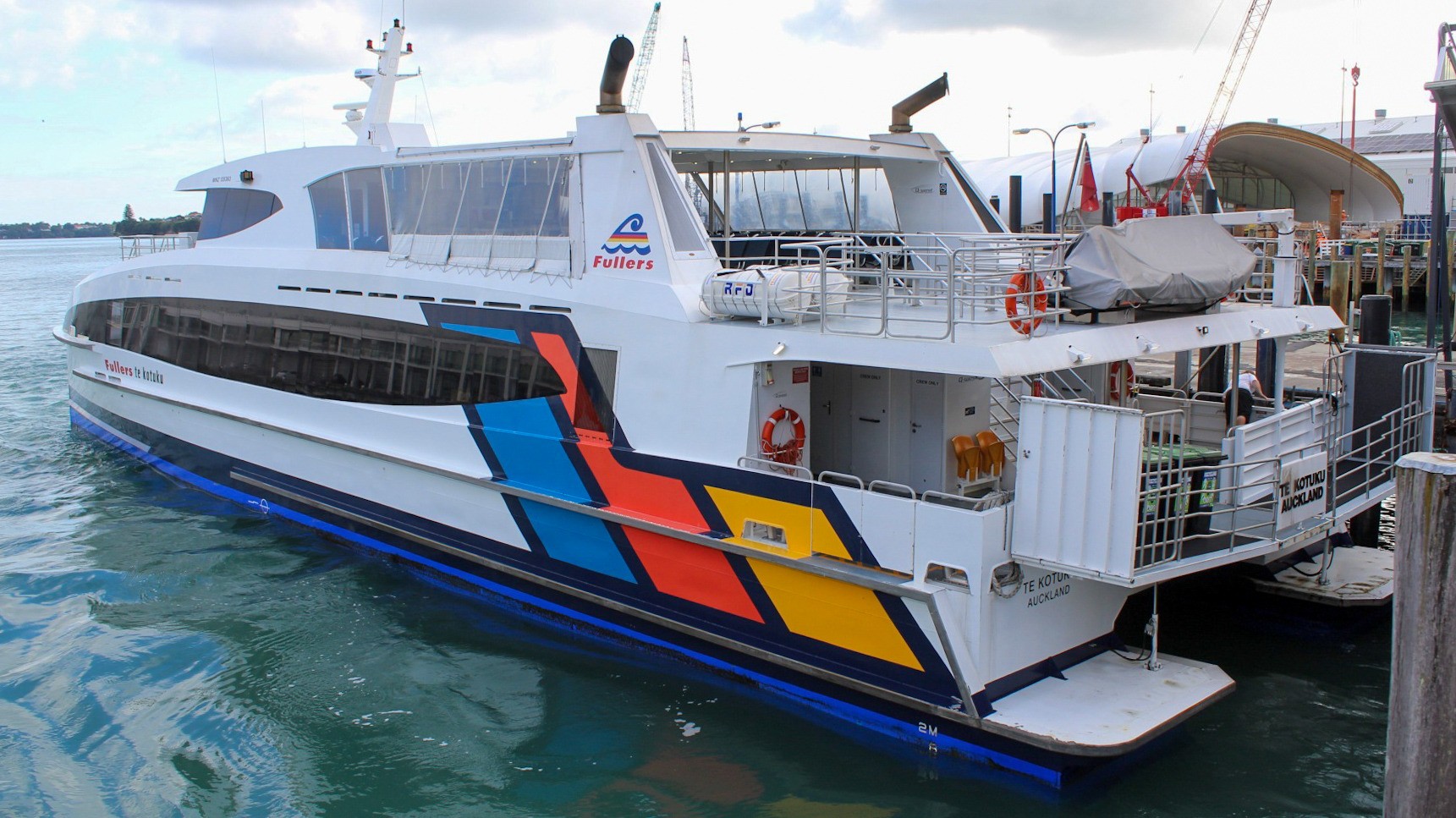
Fullers ferry Te Kotuku. Photo: Logan Clarke
And Auckland ferry provider Fullers360 has been running essential transport services throughout alert levels 4 and 3. Despite the dramatic drop in commuters and visitors using transport caused by the lockdown, this private business chose to provide essential workers, its primary customers, free trips to get back and forth to work.
All businesses, no matter their size, will be feeling stretched right now, but I’d encourage corporates, and all businesses in fact, in New Zealand to think about how they might be able to help a little or a lot. Start with communication. Ask your suppliers and partners how their business is faring, and what you could do to help them continue trading should they need it. It could be something as simple as paying them within 10 days not 45, or providing them some time with your accountant, lawyer, communications or HR advisor, or endorsing their business through your marketing channels or your networks.
Ultimately, it makes sound business sense to look out for others. You’re not just supporting other businesses, you’re helping their staff, their suppliers, whānau, community. And, ultimately, how you step up now will influence the future generation of business owners, quite apart from cementing your reputation as a business that went the extra mile and earned people’s trust. Let’s aim to be the generation that the children of the small businesses of today will look back on in a couple of decades with pride.
Article published in National Business Review
#opinion
